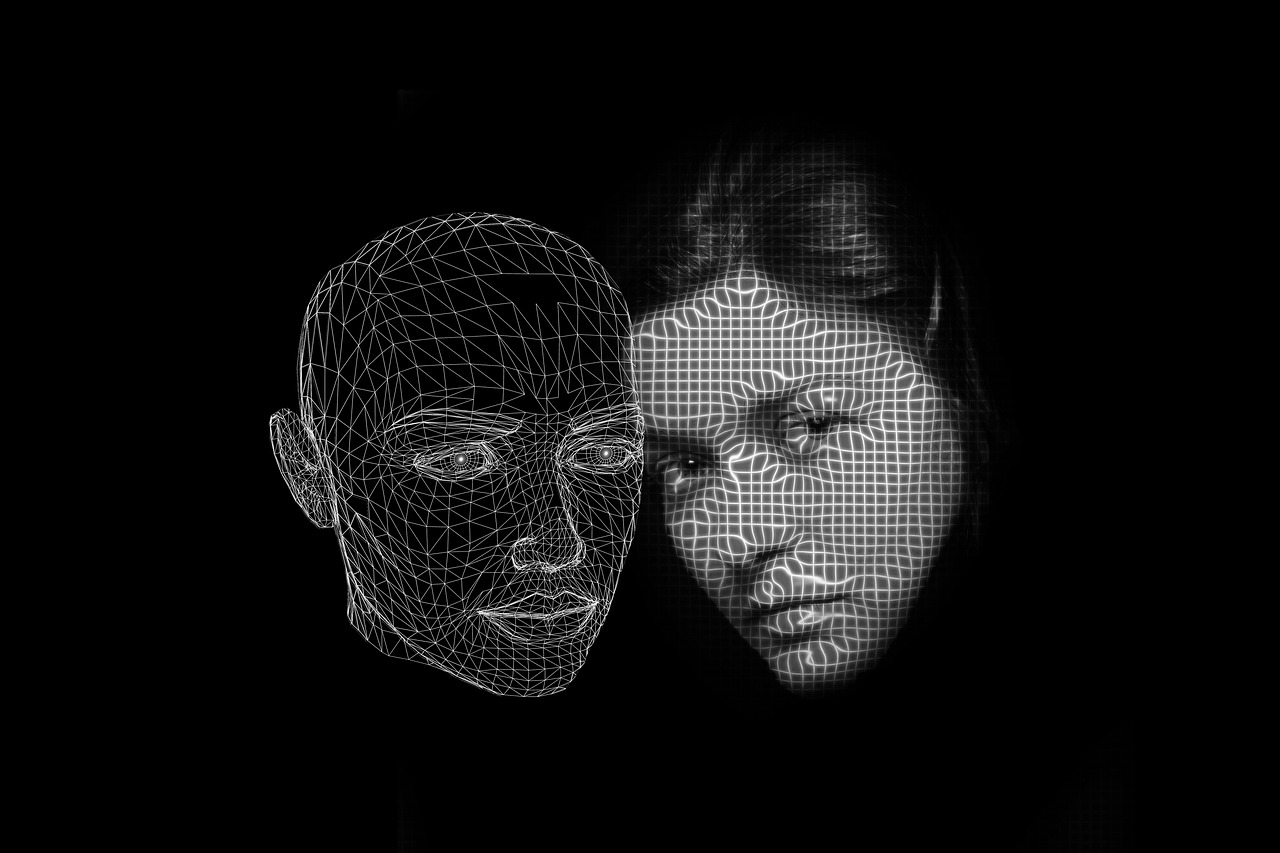In our increasingly algorithmic digital landscape, where recommendation engines serve us more of what we already know, there’s something uniquely thrilling about stumbling upon something unexpected. That moment of discovery—finding a website, tool, or content that wasn’t specifically curated for us—triggers a distinct neurological response that can feel like a mental reward. But why does finding something new feel so good, and how can we harness this psychology to enhance our online experiences?
The Neurochemistry of Discovery
When we discover something new and interesting, our brains release dopamine—the same neurotransmitter associated with pleasure, reward, and motivation. This neurochemical reaction explains why “eureka” moments feel so satisfying and why we’re naturally drawn to novelty.
From an evolutionary perspective, this reaction makes perfect sense. Our ancestors who were curious and explored new territories had better chances of finding resources and surviving. This biological predisposition toward novelty-seeking has been hardwired into our neural circuitry over thousands of years.
Serendipity vs. Algorithm
Today’s internet is increasingly designed to eliminate randomness. Algorithms track our behaviors to deliver content that matches our established patterns—creating what researchers call “filter bubbles” or “echo chambers.”
While these personalized experiences can be convenient, they also limit our exposure to new ideas and unexpected connections. True serendipity—finding valuable things we weren’t looking for—becomes increasingly rare. Yet studies show that serendipitous discoveries often lead to more creative thinking and innovative problem-solving.
The Creativity Connection
Researchers have found that unexpected discoveries activate different neural pathways than targeted searches. When we stumble upon something new, our brains make novel connections between previously unrelated concepts. This cross-pollination of ideas is the foundation of creative thinking.
Writers, artists, and innovators throughout history have recognized the value of unexpected encounters. Steve Jobs famously credited a calligraphy class he took after dropping out of college with influencing Apple’s typography—a connection he couldn’t have planned.
Digital Serendipity Strategies
How can we increase the chances of making delightful discoveries online?
- Diversify your digital diet: Intentionally explore topics outside your usual interests.
- Use different search engines: Each has slightly different algorithms and will surface different results.
- Follow the “wiki rabbit hole”: Allow yourself time to click through interconnected topics without a specific goal.
- Join communities with diverse perspectives: Expose yourself to viewpoints and resources you wouldn’t normally encounter.
- Schedule unstructured browsing time: Set aside periods for exploration without a specific search goal.
The Satisfaction Effect
The pleasure we derive from discovering something on our own tends to be more intense and longer-lasting than when something is simply recommended to us. When we discover a resource ourselves, we feel a sense of ownership and accomplishment that enhances our appreciation of what we’ve found.
This explains why sharing our discoveries with others feels so rewarding—we’re not just sharing content but also the emotional experience of discovery itself.
The Paradox of Choice
While discovery is pleasurable, too many options can be overwhelming. Psychologists call this “choice overload” or “analysis paralysis.” The key is finding balance—enough novelty to stimulate creativity without causing decision fatigue.
Cultivating a Discovery Mindset
Perhaps the most important element is maintaining what psychologists call a “beginner’s mind”—approaching online experiences with openness and curiosity rather than fixed expectations. This mindset not only increases the likelihood of serendipitous discoveries but also enhances our enjoyment of the digital world.
By understanding the psychology behind discovery, we can design our online experiences to include more moments of serendipity—creating a richer, more creative, and ultimately more satisfying digital life.
